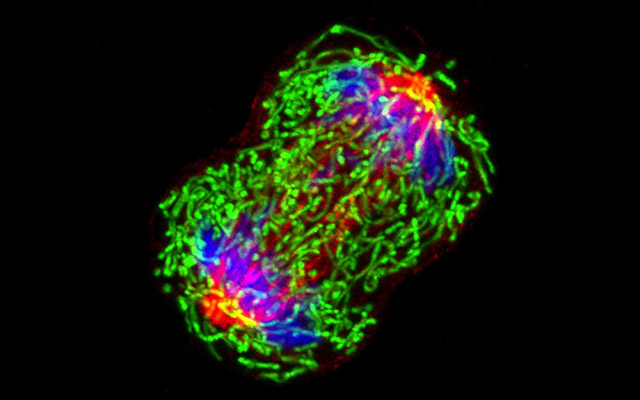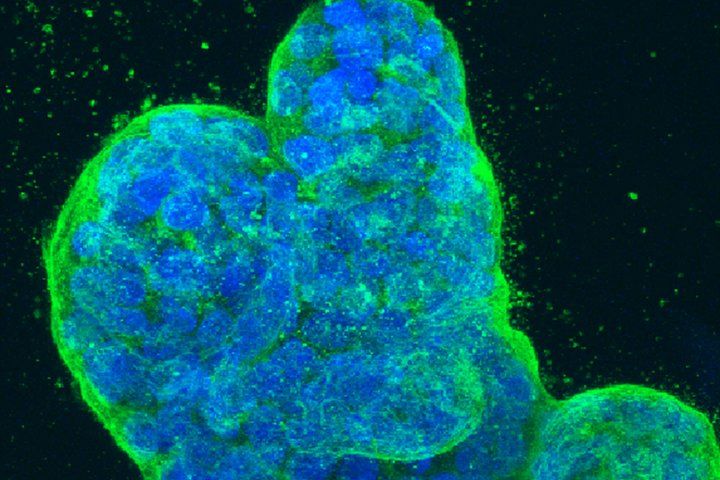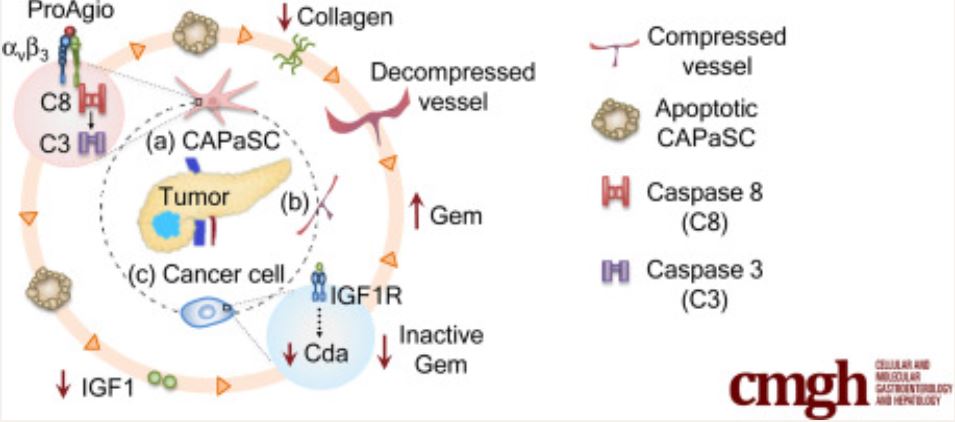
Researchers have discovered a mechanism linking breast cancer and diabetes, each of which promotes development and growth of the other. Breast cancer and type 2 diabetes would seem to be distinctly different diseases, with commonality only in their commonality. Breast cancer is the second most diagnosed malignancy after some types of skin cancer; approximately 1 in eight U.S. women will develop invasive breast cancer over the course of their lifetime. More than 10 percent of the U.S...
Read More









Recent Comments